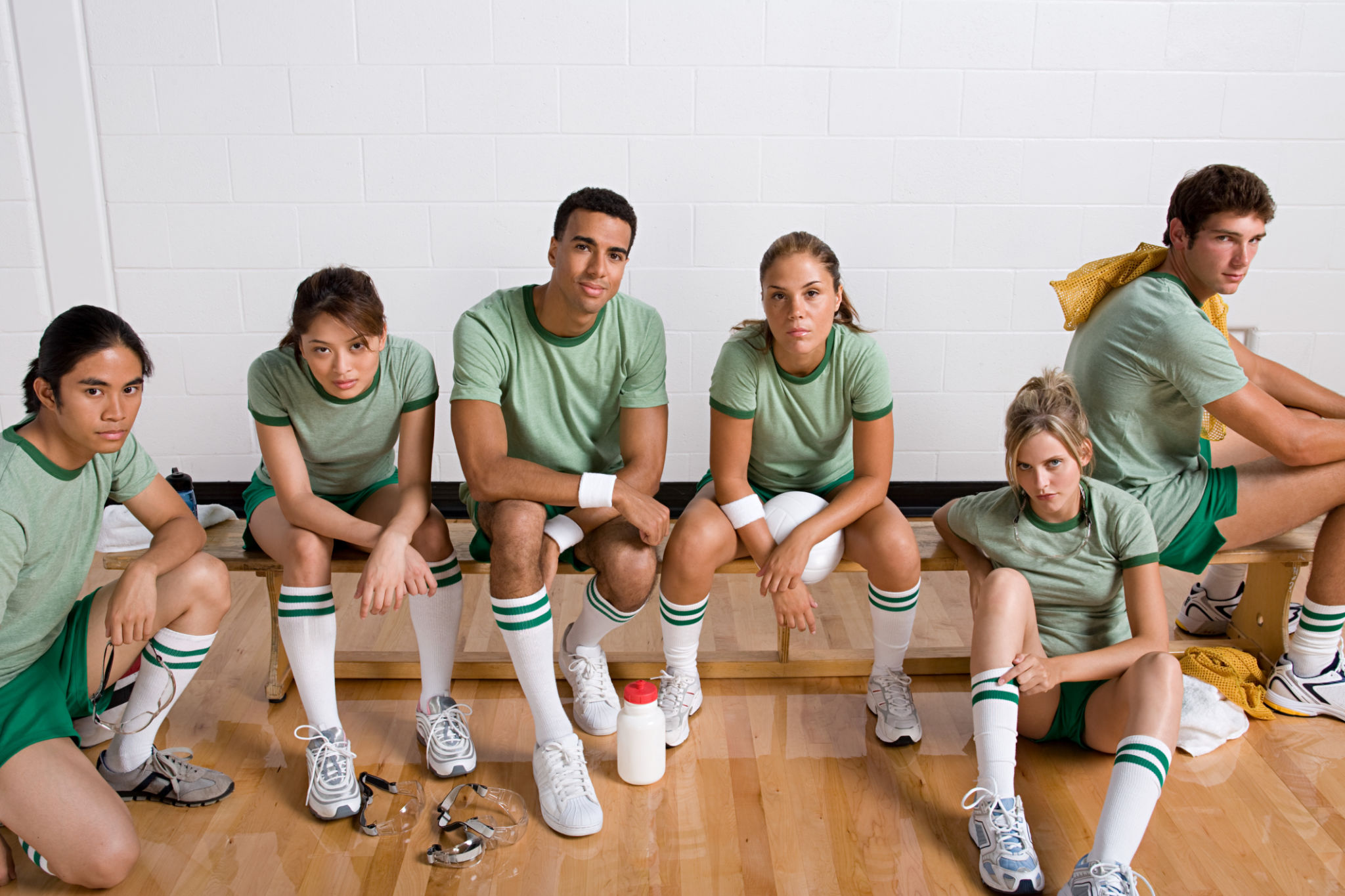- At-Home & Bespoke Education Packages
- Blog
- Enrichment Programmes for 8-17 years olds
- Boxing Clever
- Agriculture Course
- Performing Arts
- Adult Enrichment Courses
- Step Up
- Step Forward
- Balance
- Occupational Studies Courses and Units
- KCL Community Holiday Club
- Functional Skills & Employability Skills
- Delivery in Action - Case Study
- SEND Short Breaks
- NEET Referral Programme
- Creative Part Time Alternative Provision for Learners Aged 9–18
- Open Day and Jobs Fair
- Examination Centre
- Online Functional Skills for Post-16 NEET Learners
- Ready4life
Why Extracurricular Activities Matter in School Development
KS
The Role of Extracurricular Activities in Student Growth
Extracurricular activities have long been a staple in educational systems worldwide, providing students with opportunities to grow beyond the confines of traditional classroom settings. These activities, ranging from sports to arts, and clubs to volunteer work, play a crucial role in school development by fostering a holistic educational experience. They offer students a chance to explore their interests, develop new skills, and build a strong foundation for future success.
Participation in extracurricular activities is often where students discover their passions. Whether it's joining a debate team, participating in a science club, or playing in the school orchestra, these activities allow students to delve deeper into subjects that interest them. This exploration can lead to increased engagement and enthusiasm for learning, as students see the practical applications of their studies in real-world scenarios.
Moreover, these activities promote the development of essential life skills. Through teamwork, leadership roles, and problem-solving tasks, students learn collaboration, communication, and critical thinking. These skills are invaluable as they transition into higher education and eventually the workforce, preparing them to be effective contributors to society.

Building Social Connections and Community
Another significant benefit of extracurricular activities is the opportunity for students to build social connections. By participating in group activities, students meet peers who share similar interests and goals. This interaction fosters friendships that can last a lifetime, providing a support network that extends beyond school walls.
In addition to peer relationships, students often form bonds with mentors and advisors through these activities. These relationships can offer guidance and support during critical developmental periods, helping students navigate academic and personal challenges. Furthermore, being part of a team or club helps students develop a sense of belonging and community, which can enhance their overall school experience.

Enhancing Academic Performance
Contrary to the belief that extracurricular activities may distract from academics, research has shown that involvement in such activities can actually enhance academic performance. Students who participate in extracurriculars often demonstrate improved time management skills, as they learn to balance multiple commitments effectively. This discipline translates into better study habits and higher academic achievement.
Moreover, many extracurricular activities complement academic learning. For instance, participation in a science club can deepen understanding of scientific principles discussed in class, while involvement in drama can enhance language skills and cultural awareness. These experiences enrich the educational process and reinforce classroom learning.

Preparing for Future Success
Extracurricular activities also play a critical role in college admissions and career preparation. Colleges often seek well-rounded applicants who have demonstrated leadership and initiative outside of academics. Participation in these activities can significantly bolster college applications by showcasing a student's diverse interests and commitment to personal growth.
Similarly, employers value candidates with extracurricular experience as it indicates well-developed interpersonal skills and the ability to manage multiple responsibilities. Students who have engaged in these activities often enter the workforce better prepared to tackle challenges and collaborate effectively with others.
Conclusion: A Well-Rounded Education
In conclusion, extracurricular activities are an essential component of school development, contributing significantly to the holistic growth of students. By offering opportunities for personal exploration, skill development, social connection, academic enhancement, and future preparation, these activities enrich the educational experience and prepare students for success both in school and beyond.
Schools should continue to encourage student participation in extracurriculars as a means of fostering well-rounded individuals who are capable of thriving in diverse environments. Embracing these opportunities allows students to not only excel academically but also grow into confident and capable adults.
